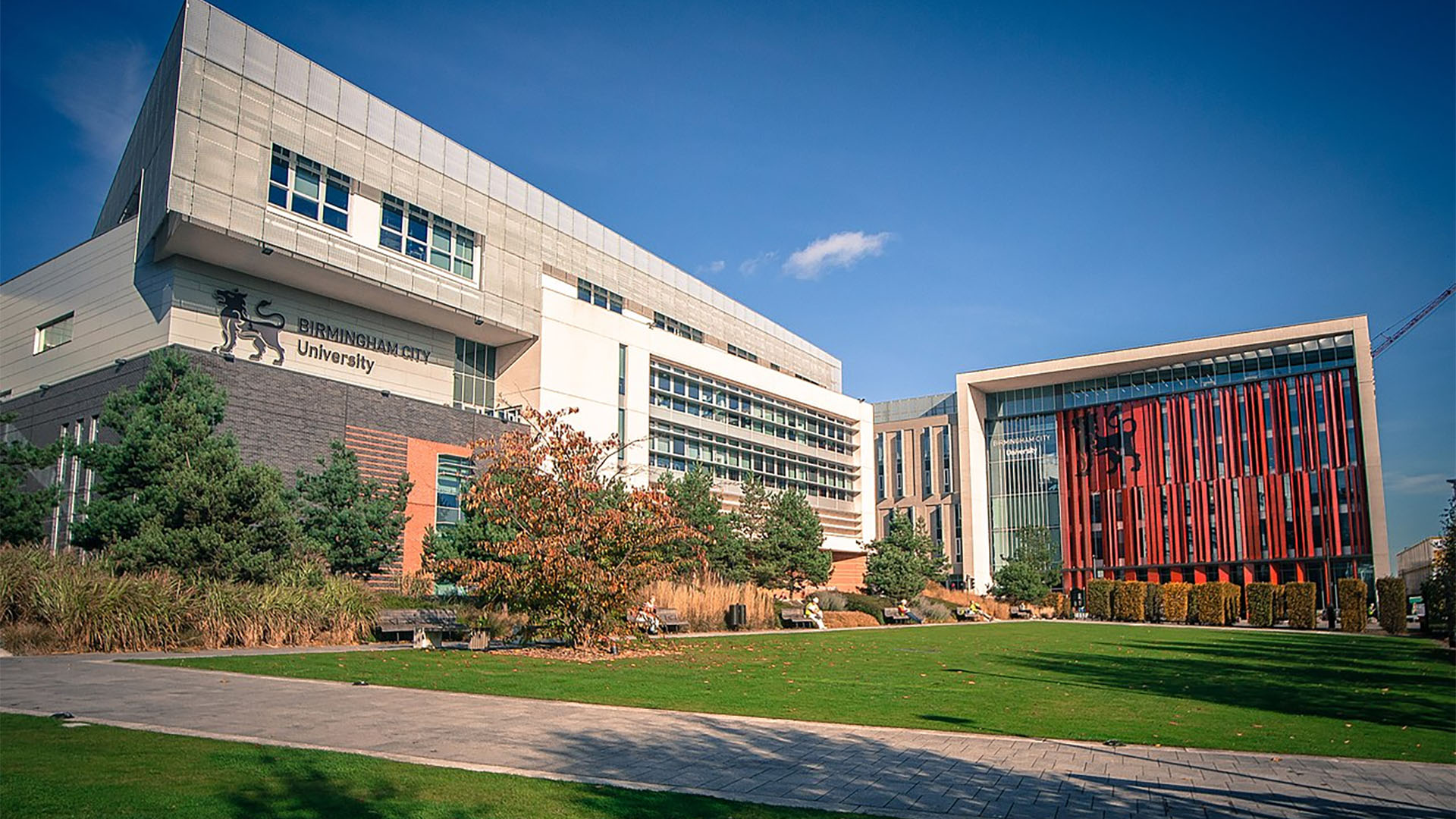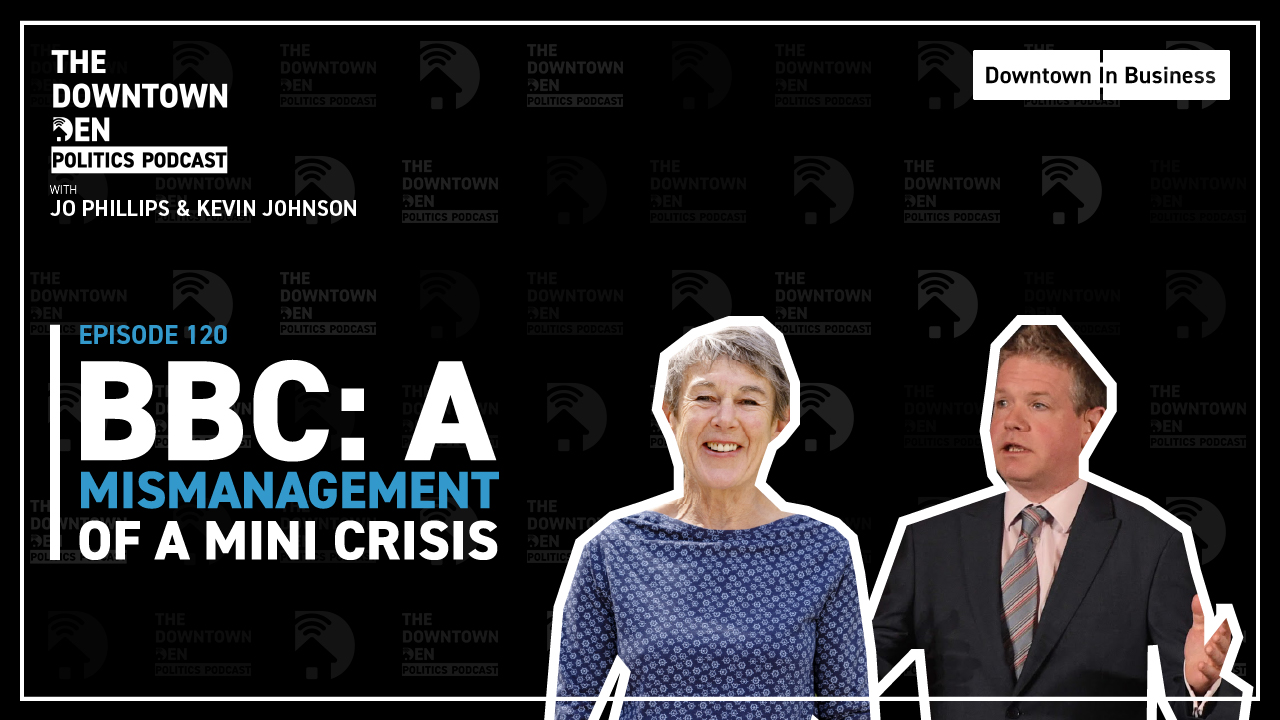Investment in industrial processes aligned to green manufacturing could offer the Treasury a way to protect the UK’s economy from further fallout as a result of Lockdown 3.0, an expert economist has said.
Associate Professor Steve McCabe from Birmingham City University suggests the UK’s manufacturing base – damaged by the twin threats of Covid and Brexit resulting in a 2.6% reduction in GDP – must rival that of Germany or Korea.
The recent announcement that the UK economy shrank in November by 2.6% is hardly a surprise given much of the country was back in lockdown due to the ongoing threat from Covid-19. Equally, preliminary estimates by the Bank of England that Britain’s economy declined by just over 1% in the final quarter of 2020 will mean we are going to see two successive quarters of falling gross domestic product (GDP) – what’s known as a ‘double dip’ recession – for the first time since 1975.”
“Though the impact of the pandemic is largely to blame, we also seeing negative consequences from the increased bureaucracy due to leaving the EU. The immediate outlook is tough and trading conditions could become even more challenging in the years ahead.
“We can trade our way out of the deficit but with public debt at phenomenally high levels and similar to the sort of situation that would exist following war, long-term repayment methods will be needed. There’s no desire to re-implement austerity. What’s needed is to get back to normal and as much economic activity as possible. This means investment. Rising stock markets suggest pent-up demand exists and there is hunger for new opportunity. Therefore, we need government to commit to innovation, the green economy and dynamism to underpin opportunity.
“In a world in which cost, and value, are regarded as critical, we have to produce more goods and services that can be sold (exported) to countries demanding high quality and innovation. This means investment in industrial processes aligned to green manufacture and having a workforce that is fit for purpose.
“There is a need for more than soundbites from government. It is vital that there is consistent dedication to an industrial strategy which, though valuing the contribution of services that were so significantly not part of the Free Trade Agreement with the EU, emphasise the fundamental importance of producing goods that are comparable to the best in the world. We need a manufacturing base that rivals that of Germany or Korea.”









